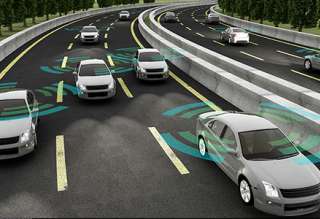Deep Learning on Graphs: History, Successes, Challenges, and Next Steps
Deep learning on graphs, also known as Geometric deep learning (GDL) [1], Graph representation learning (GRL), or relational inductive biases, has recently become one of the hottest topics in machine learning. While early works on graph learning go back at least a decade [2], if not two [3], it is undoubtedly the past few years’ progress that has taken these methods from a niche into the spotlight of the Machine Learning (ML) community.










